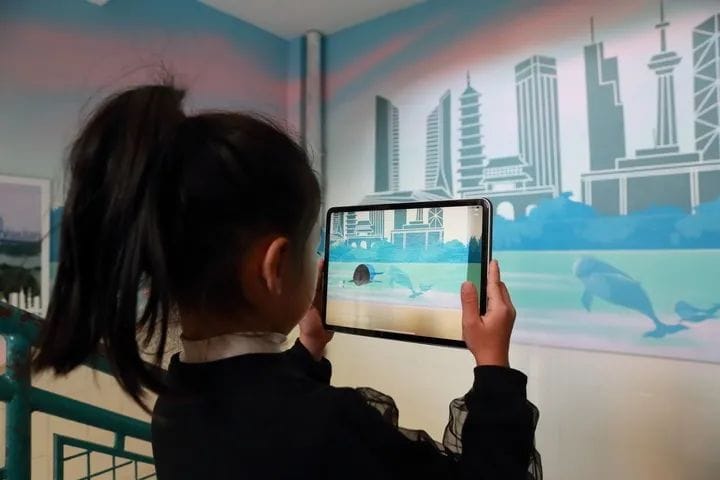The Chinese Ministry of Education has issued a directive aimed at strengthening AI education in primary and secondary schools. The directive outlines a progressive approach to AI learning at different educational levels: younger primary school students should focus on exploring and experiencing AI technology, while older primary and middle school students should focus on grasping AI concepts and applying them, and high school students should delve into project development and advanced AI applications.

The notice highlights the importance of moral education alongside fostering innovation, with a people-centered approach that encourages critical thinking and the nurturing of an innovative mindset. It also emphasizes igniting students’ interest and fostering scientific curiosity, alongside the development of digital literacy. The directive advocates for coordinated efforts and pilot programs across schools and regions to promote exploration and growth in AI education.
A systematic curriculum is to be established, accompanied by regular teaching and evaluation procedures. The learning goals for each educational stage are clearly defined: early primary grades should focus on sensory and experiential learning; upper primary grades and middle school should concentrate on understanding and applying AI concepts; and high school students should focus on project creation and the application of advanced AI technologies.
Schools are encouraged to incorporate AI education into after-school programs and research projects, fostering collaboration between industry, academia, and research sectors. This also includes developing tailored courses and teaching materials, and integrating AI into subjects like information technology, science, and practical activities.
To improve accessibility to resources, the national smart education platform will introduce an AI education section, consolidating high-quality educational content for widespread use. Plans also include creating AI education hubs by establishing labs and exhibition spaces in universities and technology companies, making these resources available to students. The digital teaching environment will be optimized, and inter-school resource sharing will be promoted to offer comprehensive learning experiences.
The notice stresses the need for balanced allocation of AI lab resources, the upgrading of existing digital teaching tools, and strengthening collaboration between schools to create spaces where students can explore and practice AI.
Teacher training is another key area of focus, with the notice calling for the integration of AI education into national development plans to enhance teachers’ professional skills. Regions and schools with sufficient resources are encouraged to expand AI teaching teams and recruit industry and academic experts as part-time instructors.
Closing the gap between urban and rural areas is also a priority. The notice emphasizes providing greater support to schools in rural and remote areas, fostering teacher mobility, and using online platforms to offer AI courses across various regions. It also encourages collaboration between urban and rural schools, aiming to share teaching experiences and improve the overall quality of AI education across the country.

